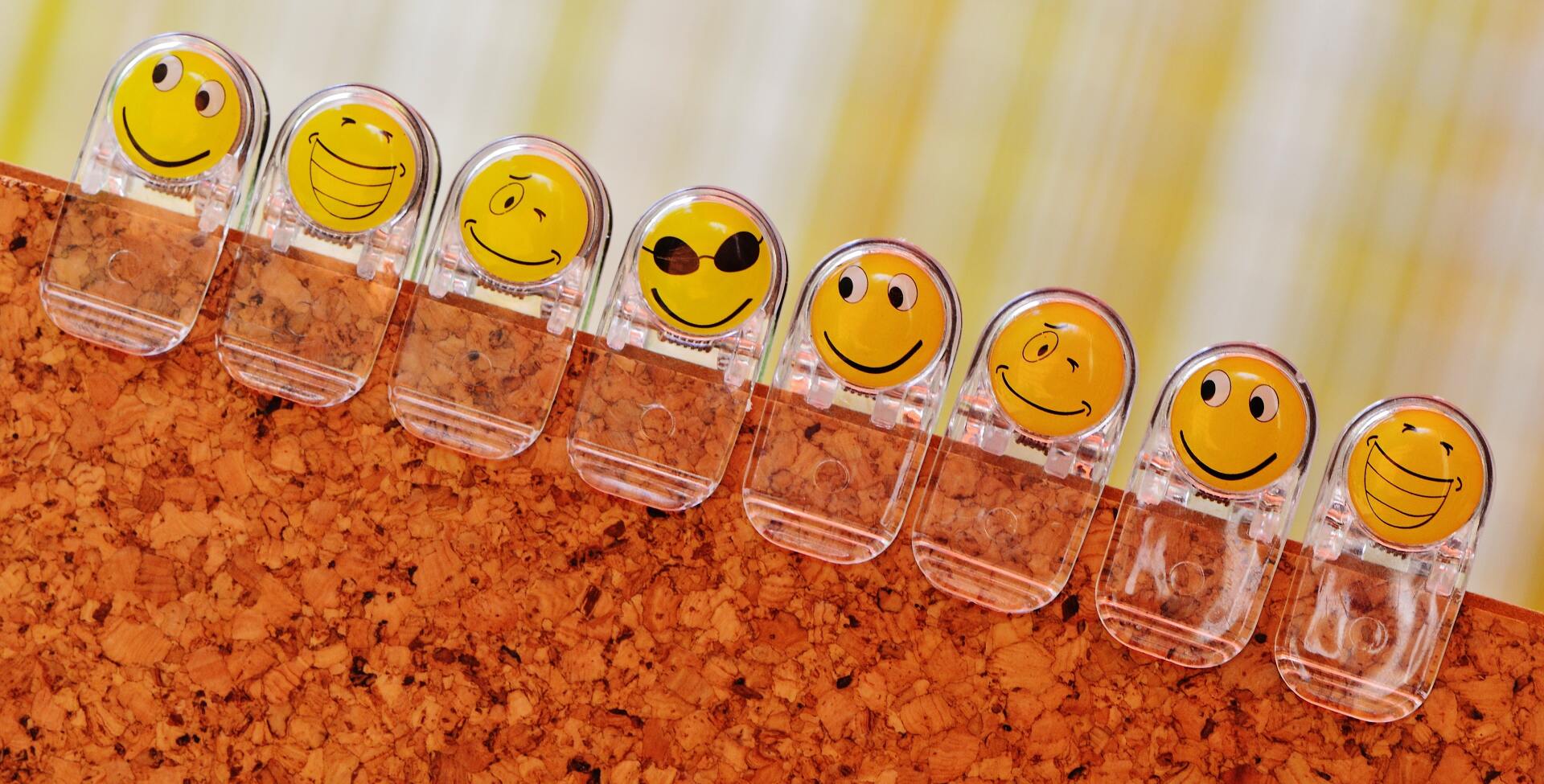Is a lack of meaningful interaction making you feel lonely?
In a recent few days away I was exchanging introductions and initial pleasantries with a charming retired gentleman who asked me what I do for a living –
“I am a Life Coach,” I told him .
“Oh,” he said, looking slightly blank “what does that involve? There are quite a lot of new things I hear about and I’m not really sure what they are”.
I never find this an easy question to answer and momentarily envy doctors, waitresses, librarians and zookeepers.
“I help people to make changes in their lives so they can become happier or more fulfilled… sometimes helping to identify changes and how to overcome obstacles,” I told him and then added, “quite a common obstacle is low self-esteem”.
“Yes,” he said, “it seems to be a growing problem, why do you think that is?”
It is indeed a growing problem in the U.K., USA and in many cultures around the world where face to face human conversation and interactions are declining. Humans are social beings. We have developed languages for a reason: so we can communicate. However, surrounded by time-saving equipment and systems, we now do more rushing than ever and have less time for each other. Developments in technology mean we no longer need to even leave the house to shop, we can communicate with hundreds of people a day without hearing a single human voice or seeing a single facial expression in the flesh.
Most people rarely look up from their phone screen to engage in chat with a stranger in a queue, on public transport or in a cafe. It is very easy to become isolated and insular which is not a healthy place for all but very few of us.
Little bits of seemingly unimportant feedback during conversations can have a surprisingly big and beneficial impact.
Overheard on a bus journey a decade ago,
“Are you on your way to work? You look very smart”
“No, I am going for an interview. I was made redundant 3 months ago and I haven’t found anything else yet”
A fifteen-minute interaction followed and as the bus was reaching its destination the conversation drew to a close
“Good luck with your interview and thank you for your company, I have really enjoyed meeting you. I think the company would be very lucky to have you”.
That same journey today would probably be free of interaction while the majority of travellers play with their phone or even wear headphones.
The positive feedback in the conversation I described, probably lifted the interviewees’ confidence whilst the same interviewee, taking a non-interactive journey would spend the time with their own thoughts probably dwelling on their fears and insecurities.
Human conversation and interaction are, in my opinion, essential for good mental health. Being isolated and having too much time with only our own perspectives can result in inaccurate interpretations. If you spend a lot of time alone or rarely have opportunities for face to face conversations perhaps consider changing that… look for groups to join that may interest you, take opportunities to chat when they arise, arrange to meet up with friends or family more often, suggest social meetings with colleagues if it’s practical… and never underestimate how much your interactions with other people can positively affect their lives.
By chance, a friend drew my attention to a TED talk he has found of interest. Perfect timing as it gives a slightly different perspective on the same topic and is certainly a thought-provoking watch.
After reading this do you beleive that you could possibly be isolating yourself through habits you want to change? Contact me if you would like an extra boost in changing them.
Share This Story, Choose Your Platform!
Recent Posts












